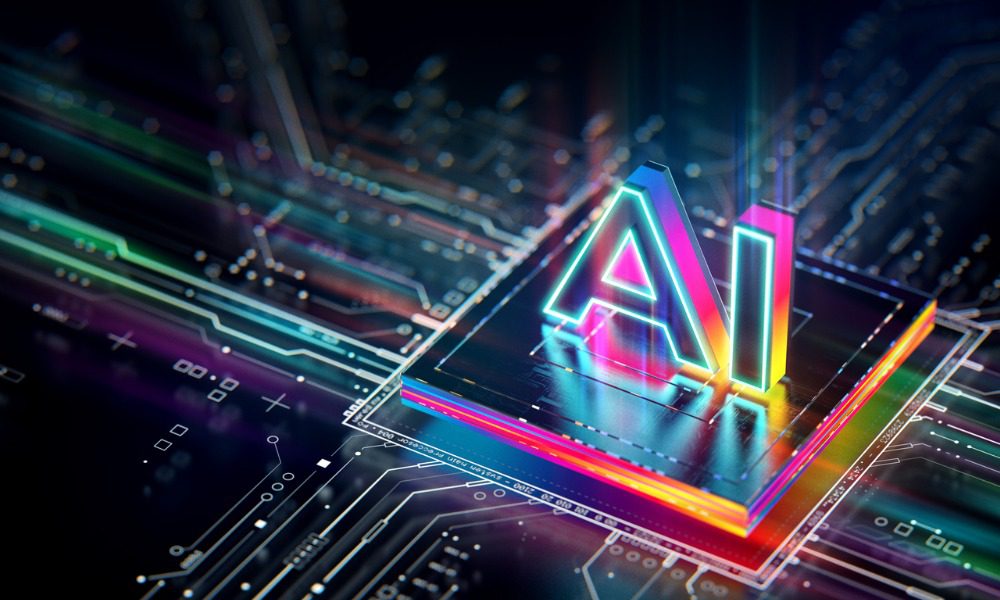AI to take center stage in the future of cybersecurity

AI to take center stage in the future of cybersecurity | Insurance Business New Zealand
Insurance News
AI to take center stage in the future of cybersecurity
New report notes a significant portion of respondents are looking forward to utilising generative AI
Insurance News
By
Jonalyn Cueto
In the continuously evolving landscape of cybersecurity, the integration of artificial intelligence is emerging as a pivotal strategy for organizations worldwide. A recent collaboration between the Cloud Security Alliance (CSA) and Google Cloud has shed light on the potential of AI within this domain.
The State of AI and Security Survey Report, a collaborative effort between CSA and Google Cloud, shows that 55% of surveyed organizations express intentions to embrace generative AI (gen AI) solutions within the coming year. According to a news release, this surge in adoption is a calculated move driven by the strategic imperatives of top-level executives.
Executive leadership, accounting for a striking 82% of respondents, is identified as the primary driving force behind the push for AI adoption. Recognizing the competitive advantage gen AI offers in today’s fast-paced business environment, decision-makers are steering their organizations towards embracing AI-powered cybersecurity solutions.
A noteworthy revelation from the survey is the tangible presence of AI in cybersecurity practices, with 67% of respondents confirming their experimentation with AI for security purposes. This underscores the growing recognition of AI as a potent tool for fortifying cyber defenses and mitigating emerging threats, according to the news release.
Call for ethical development and robust frameworks
However, amidst the optimism surrounding AI’s potential lie nuanced concerns and considerations. While a majority of respondents (63%) believe in AI’s capabilities to enhance security measures, there’s a notable apprehension regarding its implications. A significant proportion (25%) express concerns that AI could potentially offer more advantages to malicious actors, emphasizing the need for ethical AI development and robust cybersecurity frameworks.
The report also explores the impact of AI on the roles and responsibilities of security professionals. Contrary to fears of widespread job displacement, the majority of respondents view AI as a complementary tool rather than a replacement for human expertise. Merely 12% anticipate complete job replacement by AI, while others foresee it enhancing their skill sets or supporting their existing responsibilities.
The survey also highlights a disparity in AI understanding between C-suite executives and frontline staff. C-level executives exhibit a higher level of familiarity with AI technologies and a clearer understanding of potential use cases compared to their staff counterparts. This disconnect underscores the importance of bridging the knowledge gap and fostering a shared understanding of AI’s implications across all organizational levels.
Looking ahead, 2024 has been described as a pivotal year for AI implementation in cybersecurity. With over half (55%) of organizations planning to integrate gen AI solutions into their security practices, a diverse array of use cases are being explored, including rule creation, attack simulation, and compliance violation detection. This signifies a shift towards leveraging AI to bolster cyber defenses and adapt to evolving threat landscapes.
Have something to say about this story? Leave a comment below.
Related Stories
Keep up with the latest news and events
Join our mailing list, it’s free!






